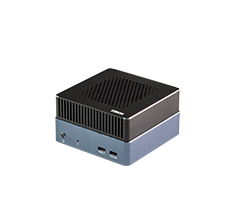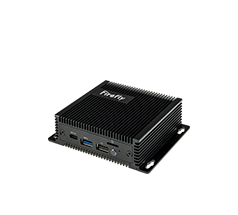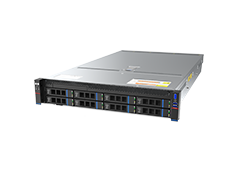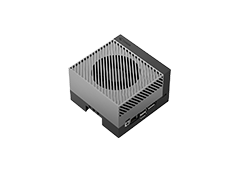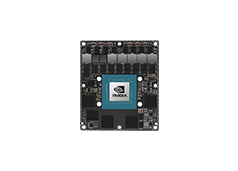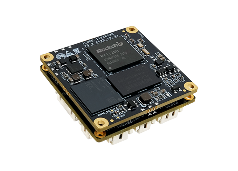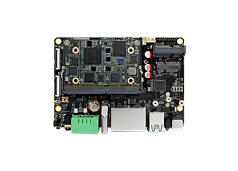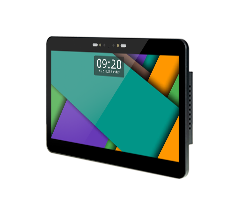- Computers
- Servers
- NVIDIA Jetson
- Mainboards
- System On Module
- AI Camera
- Tablets
- Development Kits

EC-ThorT5000
Edge Computing
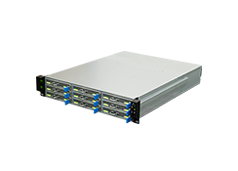
CSR2-N72R3399
ARM Cluster Servers

EC-ThorT5000
Edge Computing
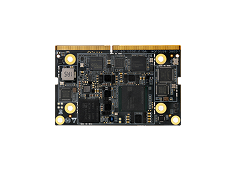
CORE-8550JD4
AI Compute Modules
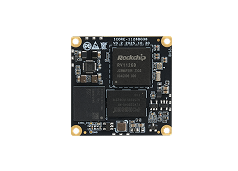
ICORE-1126BQ38
Commercial Modules

ICORE-1126BJQ38
Industrial Modules
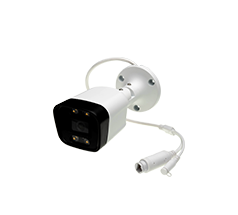
CT36L/CT36B
AI Camera
Accessories
- Heat Sink
- GPS Module
- SATA Adapter
- POE Module
- 4G Module Kit- EG25-G
- RM500Q-GL 5G M.2 Module
- Microphone Array
- HDMI-TO-MIPI-CSI Drive Board
- DM-M10R800 V2
- AR0230 200W Camera
- CAM-2MS2MF 200W
- 800W Monocular Camera
- CAM-8MS1M Monocular Camera
- USB to UART Module
- Kingston M.2 2242 SSD
- Firefly 10.1-inch monitor
- DM-M10R800 V3S
- 10.1'' Portable Monitor
- MicroUSB Data Cable
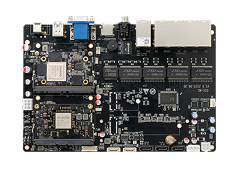
RK182X Development Kit
Servers series
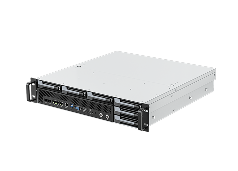
AI Servers

ARM Cluster Servers
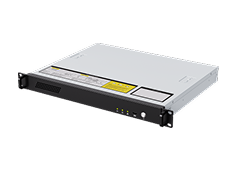
Gateway Servers
NVIDIA Jetson Orin Series

EC-ThorT5000
Edge Computing
Customization
AI
Use PaddlePaddle FastDeploy for AI Deployment
C40PL for License Plate Recognition Application
RK3568 Industrial Tablet Face Recognition
Multi-Channel Face Recognition
Chain Store Customer Flow Statistics
Network Call Solution
Face Recognition Precision Marketing
Human Body Feature Point Detection
RK3399 Echo Cancellation
Face Recognition All-in-One PC Solution
NPU Integrated Computing
BMC (Baseboard Management Controller)
Intelligent Hardware
RK3399 4G Voice Call and SMS Function
iHC-3308GW Alibaba Cloud IoT Cloud Deployment
iHC-3308GW Compatible with OpenWrt 21.02
Debian10 for RV1126
Smart Gateway
Cluster Server
Three Displays with Different Output and Touch Control
RK3588 AVS Panoramic Stitching
RK3588 Multi-Display Splicing
RK3588 Multiple Displays With Different Outputs
Virtual Hardware Technology
Container Virtualization for Android
Booting Systems from Multiple Storage Devices
Firefly Remote Mount System
Smart IoT Development Kit — Network Call
More

